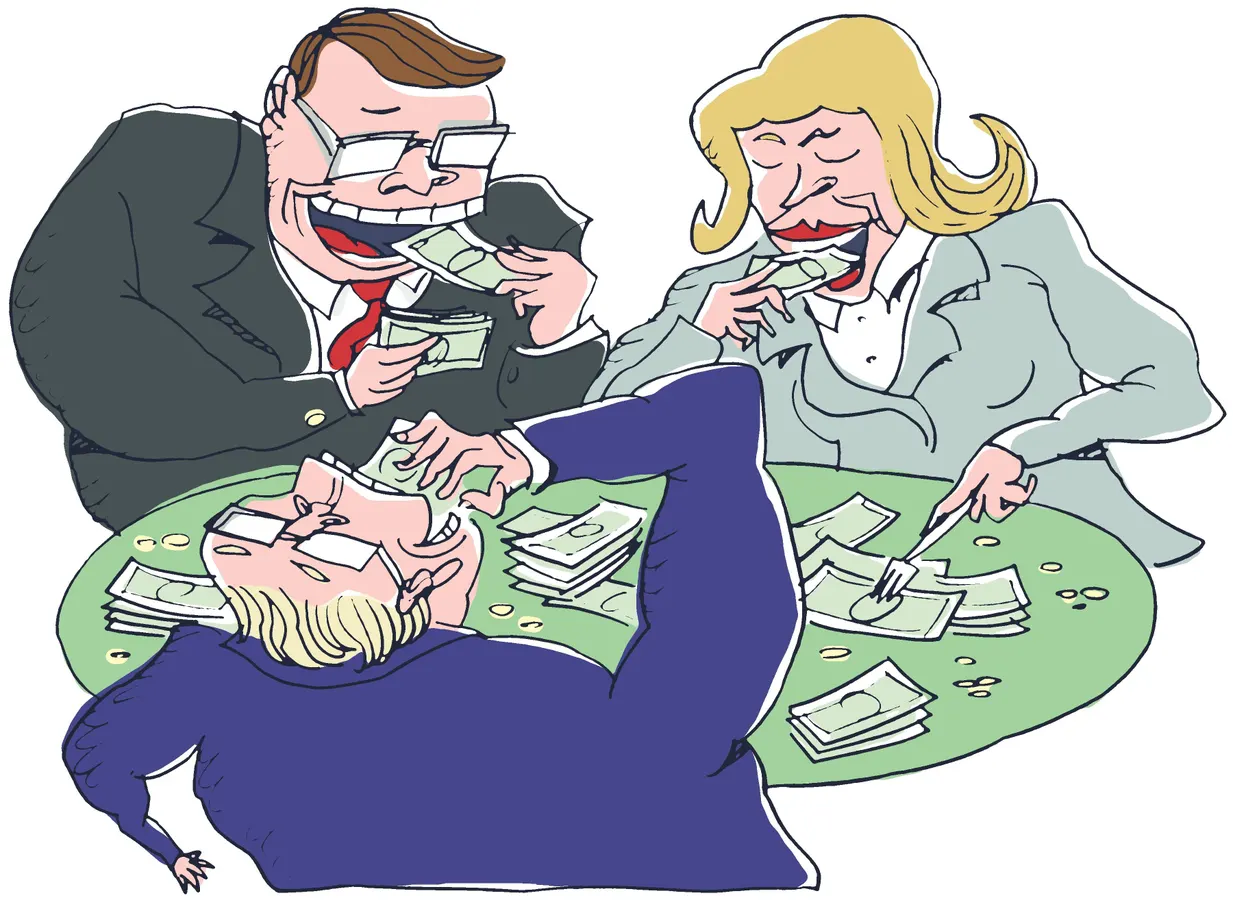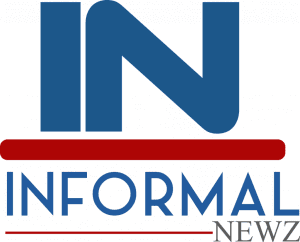Copyright Forbes

When a company stops taking questions, it stops being accountable. Dine Brands Global, the parent of Applebee’s, IHOP, and Fuzzy’s, has decided silence is easier than scrutiny. There was no Q&A for investors on the latest earnings call. Franchisees, the operators who drive the business every day, were told not to speak with analysts or investors. Even at paid conferences, which they finance themselves, they are not allowed to ask questions. The message is clear: manage the dialogue and overlook the outcomes. Effective corporate governance doesn’t exist. Here is the truth behind that silence. Not one independent director at Dine Brands owns even one percent of the company they oversee. Most of them have never bought shares with their money. While shareholders have lost seventy percent of their value, the people responsible for that destruction have risked almost nothing. The incentives are broken. The alignment is gone. It smells of entitlement. Corporate Governance Breakdown Dine Brands’ board is a picture of stagnation. The average tenure among directors is more than ten years, long enough to blur the line between oversight and comfort. Most have no real operating experience in restaurants, despite being responsible for two of the country’s largest casual dining chains. The disconnect between the boardroom and the business is complete. Stock ownership tells the story even more clearly. Only John Peyton holds about 1.2 percent of the company. Every other director owns between zero and three tenths of one percent. Half of them have never bought a single share with their own money. Their equity came entirely from board grants, not conviction. Two members are nearing retirement age, yet there is no visible succession plan or refreshment process in place. This structure breeds complacency. Directors collect cash retainers and equity awards while the company they oversee continues to lose relevance and value. Without meaningful personal investment, there is no pressure to demand results or challenge leadership. The people charged with protecting shareholders have no economic reason to act like shareholders. It is a governance model built for preservation, not performance. MORE FOR YOU If the major passive funds were reading this today, they would see the warning signs immediately. Long tenure and low ownership are not stability. They are symptoms of poor alignment. BlackRock, Vanguard, and State Street do not need a company to be perfect, but they do expect a board that acts like an owner and understands the business it governs. Dine Brands has neither. The board members have spent years in the same positions with minimal personal investment. Few have ever run a restaurant. Some have never bought a single share. That is not oversight. It is distance. When directors hold stock only because it was granted, they are managing their time, not their capital. Their stewardship code says it clearly: “Boards must demonstrate meaningful investment in the company and relevant experience for long-term oversight.” The market is aware that the board of Dine Brands does not meet these criteria. The Questions That Were Never Asked Had the company allowed open questions, shareholders would have heard what they have been asking privately for months. The first question is straightforward: could you please explain why three board seats remain vacant when qualified individuals such as Chris Marshall and Tom Lewison are available to serve? If the company is serious about improving performance, adding directors with real turnaround and franchise experience should have been the first move. Leaving those chairs vacant suggests a preference for control over capability. Another question concerns capital discipline. Cutting the dividend by eighteen million dollars to fund a fifty-million-dollar buyback is not a strategy. It is shareholders paying themselves back with their money while earnings and cash flow fall. The market is able to discern this type of financial manipulation. IHOP’s underperformance raises a third question. Applebee’s is holding steady, but IHOP continues to lose relevance. Franchisees are being asked to spend on conversions and remodels that have yet to show results. They need leadership, not invoices. Additionally, cost control is an important consideration. General and administrative expenses have risen above fifty million dollars for the quarter, an unsustainable trend in a supposedly asset-light model. And finally, the myth of undervaluation. The market is not punishing Dine Brands unfairly. It reflects a lack of trust in leadership. None of these questions were asked because the board that does not buy stock also does not answer for it. The pattern inside Dine Brands’ boardroom is impossible to miss. Long-serving directors like Richard Dahl, who has been in his seat for twenty-one years, and Howard Berk, now sixteen years in, have never purchased shares on their own. Others, such as Michael Hyter, Martha Poulter, and Lilian Tomovich, each hold less than one tenth of one percent. All three bring little operational experience to a company that lives and dies by it. The newer directors, Arthur Starrs and Matthew Ryan, have the right background but no meaningful ownership yet. When three vacant seats are added to this mix, it creates an image of instability rather than stability. This is a board built to maintain, not to move. If accountability is driven by alignment, Dine’s board is struggling. Franchisees: The Real Shareholders Franchisees are the real shareholders at Dine Brands. They invest their own capital, manage the day-to-day operations, and carry the financial and reputational risk of the business. Every dollar of sales and every customer experience begins with them, not the corporate office. Yet their voice in the company is smaller than that of a director who has never purchased a single share. Decisions that affect their livelihoods are made by people who have no personal stake in the outcome. The imbalance is striking. The people who invest their own money—franchisees—are silenced, while those who risk nothing control the boardroom. True alignment starts with shared ownership and open dialogue. Dine Brands has neither. The silence imposed on operators is more than a communications policy. It reflects a company that has forgotten where its value is created and who is still trying to preserve it. The financial picture at Dine Brands mirrors its leadership problem. Management recently cut the quarterly dividend from fifty-one cents per share to nineteen, saving about twenty million dollars a year. At the same time, they plan to spend fifty million over the next two quarters buying back their stock. On paper it looks like capital discipline, but in practice it raises questions about priorities. With five times leverage, falling EBITDA, and shrinking net income, those funds could be better used to bring customers back—through digital marketing, menu innovation, or store remodeling. A buyback rewards no one if the business beneath it keeps eroding. General and administrative expenses tell the same story. Annual G&A is close to two hundred million dollars, yet management still calls the company asset-light. Investors deserve transparency regarding where that money is going. When insiders choose optics over operations, governance becomes a risk, not a safeguard. The Corporate Governance Fix The path forward for Dine Brands is clear and achievable. The company has a strong foundation in its brands, but it needs governance that matches their potential. Our plan at FixDineBrands.com begins with filling the three empty board seats with proven operators. Chris Marshall and Tom Lewison have the experience and credibility to restore direction and discipline. Next, every director should have a financial stake in the business. Establishing a minimum stock ownership requirement will guarantee genuine alignment in decision-making. Executive compensation must also be tied to the right metrics. Pay should follow free cash flow and franchisee success, not press releases or short-term optics. The board must be refreshed with members who run restaurants, not just advise them. And finally, transparency must return. Reinstating open Q&A sessions and franchisee participation at the earliest opportunity would be greatly appreciated. This is not activism. This is a fundamental act of stewardship.



